The EU need for innovation in potato breeding
Potatoes are the fourth most important food crop in the world after corn, rice and wheat and play an important role in Europe and worldwide in ensuring food security. Their short cultivation cycle and adaptability to a wide range of climatic conditions have helped potatoes to spread from their South American roots across multiple geographical borders. Today, there are over three thousand potato cultivars distributed far and wide across more than 125 countries, particularly in temperate, subtropical and tropical regions. They are of major economic value on the global agricultural market and their global production exceeds 370 million tonnes of potatoes. Europe is the world’s second major potato-producing region.
Most of the existing potato breeding programmes in the world are situated in the European Union (83%). Out of the 157 private companies active in potato breeding, 150 are situated in the European Union (96%). The majority of the these private potato breeding companies fall into the category of small and medium sized enterprises.
Breeding of potato (Solanum tuberosum ssp. tuberosum) varieties is a complex and rather slow process. This is due to the complex genetics of this crop, which is propagated by tubers. In addition, over the past few decades, we have seen increased market segmentation. As a result of these factors, investment in plant breeding in potatoes has tripled in the past 30 years.
From the moment of crossing in conventional breeding, potato breeders spend 10-12 years screening and multiplying before they are able to market a new potato variety. The complicated genetics behind potato breeding and the low multiplication rate make the introduction of new varieties a rather difficult and slow process. In addition, the search for useful genetic variability in wild relatives can be laborious and integrating it into cultivated varieties can be another challenging task.
In this context, new genomic techniques (NGTs) like genome editing1 lead the way for trait improvement in potato breeding, provide tools for precise and robust breeding approaches and contribute to food security given the importance of the European potato breeding sector worldwide.
NGTs allow breeders to develop plants that are similar to those that stem from conventional traditional breeding methods, but more quickly and in a more precise manner. They are therefore important tools that allow market demands, which change considerably over a ten-year period, and the various needs of farmers and consumers to be met more efficiently.
EFSA has not identified new hazards for plants resulting from specific NGTs like targeted mutagenesis or cisgenesis. Such techniques result in plants that carry the same level of risk as that of those resulting from conventional breeding techniques.
Innovative developments that stem from NBTs can only be shared if the costs of regulating their placing on the market are acceptable and proportionate to the size of the target markets. However, we recognise the importance of the farmers’ and customers’ right to information and freedom of choice.
Sustainable potato production while facing climate change
While potatoes are vulnerable to different types of abiotic stress such as cold, heat and frost, they also face threats arising from global warming that lead to water restriction, which significantly affects quality and productivity. Climate change is therefore a major challenge for breeders. Potato cultivation performs better in cool conditions (19°C) and is vulnerable to high temperatures. With every one-degree Celsius rise in temperature, potato yields are reduced by 3-11%.
In addition, new pests and diseases could have a serious impact on crop production and yield. Cultivated potatoes are susceptible to approximately 40 different viral species as well as several bacterial and fungal diseases (e.g. late blight caused by Phytophthora infestans), which severely reduce potato quality worldwide. Certain diseases have also started to move further north as temperatures and the weather change. 40% of potato losses can be attributed to insect pests and crop diseases.
In the EU, the number of active substances for crop protection has drastically decreased over the past few years. NGTs have a role to play in reducing the need to apply pesticides. Breeding disease-resistant varieties therefore becomes increasingly important and new breeding tools like genome editing have already proven their value in various R&D approaches2.
In the context of climate change and the sustainability of the food system, NGTs can potentially provide solutions.
High-quality potato production
The post-harvest storage of potato tubers is another criterion that determines their end-product processing quality. This long-term storage tends to come with various storage diseases that can significantly reduce the tuber quality and make it unfit for further processing. Cold storage often comes with high levels of reducing sugars in the tuber, a phenomenon known as cold-induced sweetening. High levels of reducing sugars in the tuber often lead to a high level of acrylamide, a toxic organic compound that is naturally formed when potatoes – and other foods – are processed at high temperatures (over 120 degrees). Selecting raw material with low levels of reducing sugars and applying the correct storage conditions are currently among the most important mitigation measures used by food business operators and end-users to reduce acrylamide formation. However, this is not always possible due to geographical differences that may affect the crops, seasonality, drought, the availability of anti-sprouting agents and suboptimal storing conditions.
Research studies have shown that gene editing promises to help by resulting in light brown products having a significantly lowered level of dietary acrylamide3.
Potato dormancy characteristics represent additional challenging factors that determine the tuber quality during storage. With storage chemicals such as chlorpropham (CIPC) no longer authorised for use in the EU, breeders are turning their attention to creating potato varieties that allow for longer storability while preserving high quality and reducing the use of chemicals.
Sustainable potato starch processing
Gene editing will allow for high-quality starch production without further chemical or physical processing steps and thus yield notable savings in terms of chemicals and energy. Current research is interested in the potential of the production of high-quality starch in potatoes to meet the demands of food and industrial sectors.4
Innovation in potato breeding can contribute to the EU’s Farm to Fork and Biodiversity Strategy
The EU Farm to Fork Strategy requires farmers to reduce pesticide use by 50% by 2030 and food systems to become more sustainable. Indeed, the breeding of improved potato varieties can play an important role in meeting these goals because they:
- are more resistant to pests and diseases and use fewer pesticides;
- are better adapted and resilient to climate change;
- use fewer resources;
- and have an enhanced quality.
Allowing breeders to use the most efficient tools, such as genome editing, will be essential to optimise the use of genetic variability and existing genetics. Ensuring that farmers as well as all other actors in the potato value chain have access to the advantages of and progress made by NGTs in improved varieties will contribute to more sustainable food systems.
The potential of new genomic techniques remains untapped in Europe. European agriculture and some of the EU’s other most innovative sectors are disconnected from scientific progress, putting them at a competitive disadvantage compared to their counterparts in a rapidly growing group of countries with more enabling regulations. Consequently, Europe’s leading position in innovative breeding is at stake, as are jobs in agriculture, bioindustries and their associated value chains, international trade flows and sustainability.
We support the conclusions of the Commission study5 stating that the current GMO legislation in the EU faces clear implementation challenges and is no longer fit for purpose. We strongly welcome the Commission’s intention to initiate a short-term policy action on plants derived from targeted innovation-friendly enviroment for products resulting from these breeding methods, while summarised in the outcome of the NGT study, we count on support from the European Commission, European Parliament and Member States for immediate policy action based on the conclusions of the NGT study.
- Meaning applications that result in plants that are indistinguishable from conventional breeding.
- Hameed A, Zaidi SS, Shakir S and Mansoor S (2018) Applications of New Breeding Technologies for Potato Improvement. Front. Plant Sci. 9:925. doi: 10.3389/fpls.2018.00925.
- mutagenesisHamedA,ZaidiandSS,cisgenesisShakirSand.WeMansoorhope Sthat(2018)suchApplicationspolicy ofinitiativeNewBreedingwillcreateTchnologiesamoreforenablingPotato and Improvement. Front. Plant Sci. 9:925. doi: 10.3389/fpls.2018.00925
- Gene editing allows for high-quality starch production that could save 60,000-75,000 tonnes of processing maintaining the high standards of EU food and feed production. Given that discussions on the status of chemicals and 7.5 GWh of energy in starch processing EU-wide, see new genomic techniques have been underway for more than ten years and have now been https://www.euroseeds.eu/app/uploads/2020/03/19.0357-CRISPR-Potato-Infographic.pdf
- SWD(2021) 92 final Study on the status of new genomic techniques under Union law and in light of the Court of Justice ruling in Case C-528/16
O artigo foi publicado originalmente em Copa Cogeca.

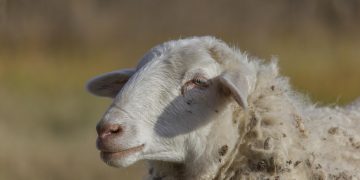





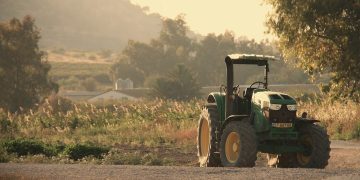
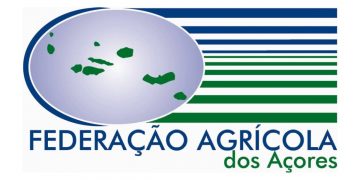
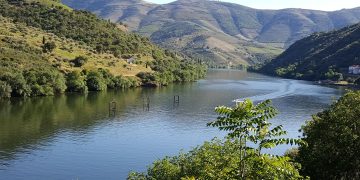











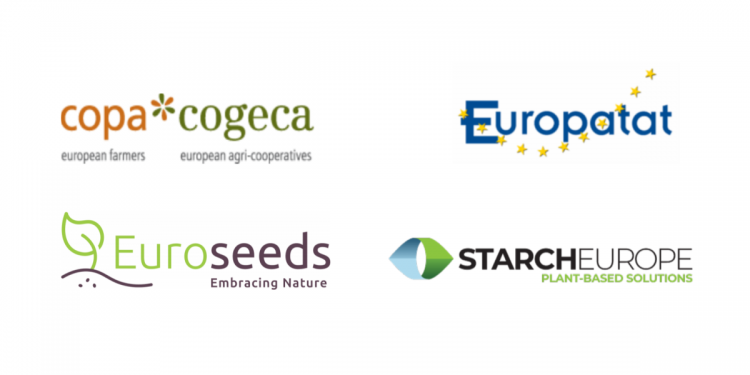
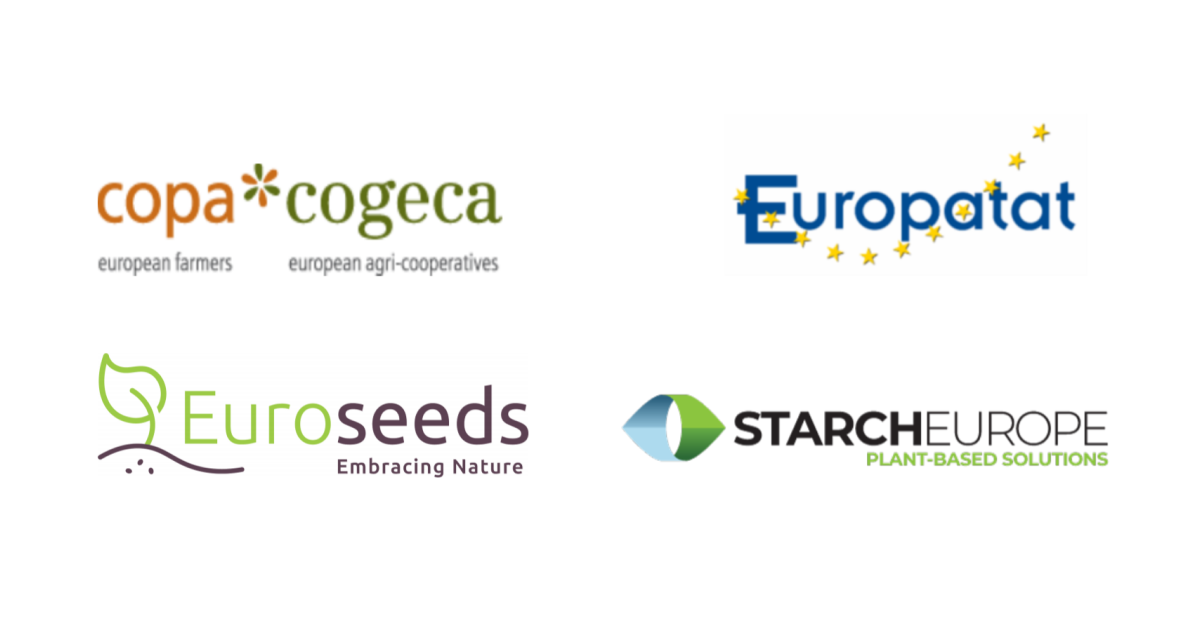
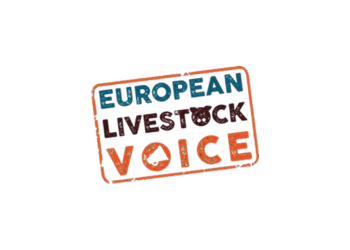
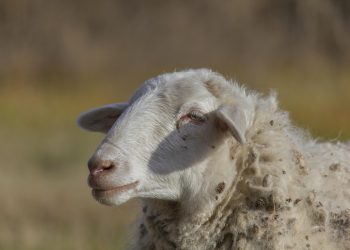




























Discussão sobre este post